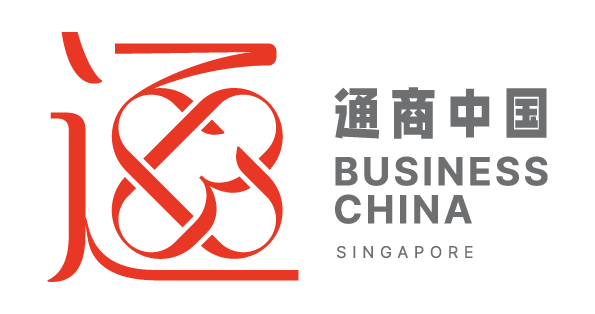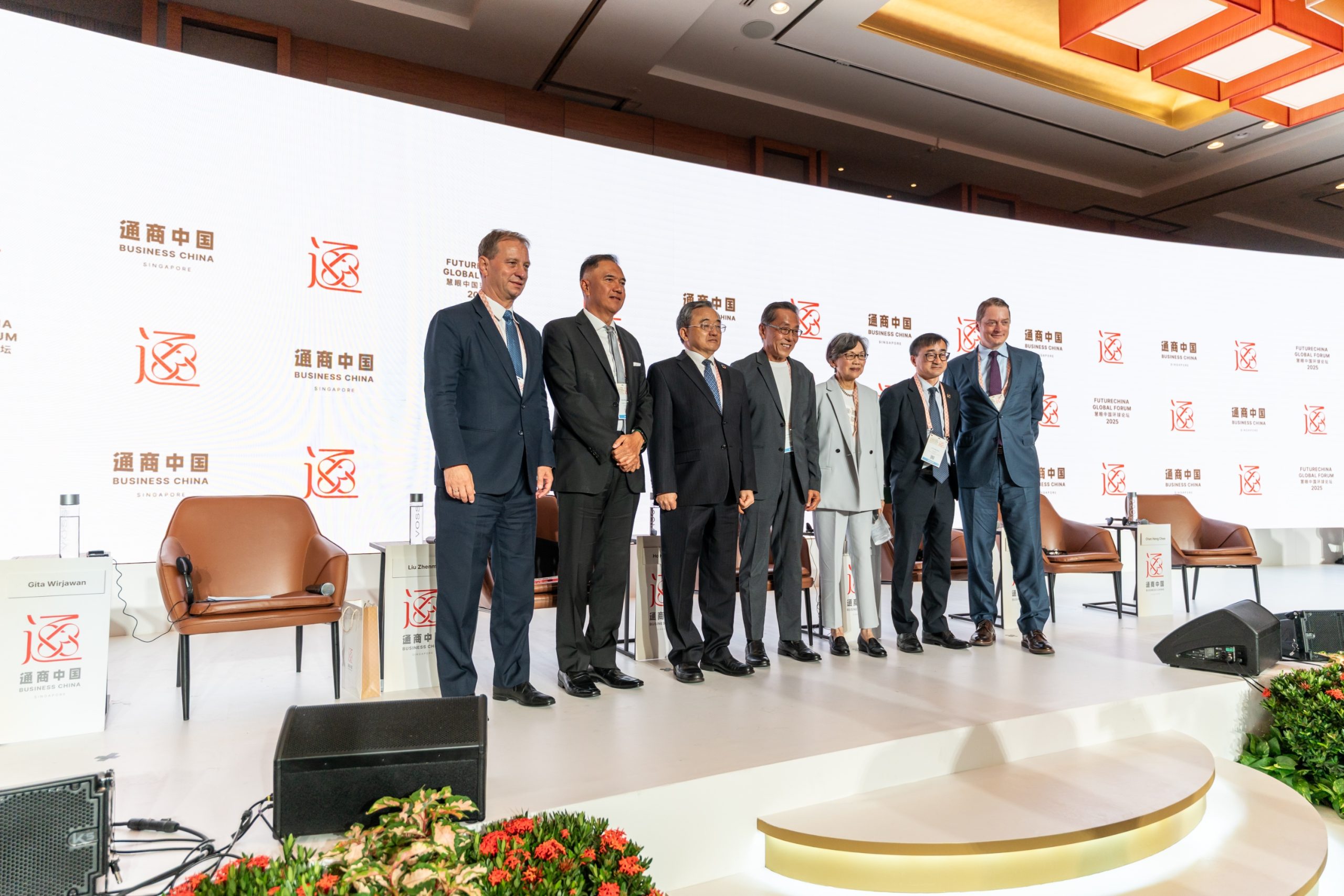FutureChina Global Forum 2025
The World in Flux – Challenges and Opportunities
Opening Plenary: The World in Flux – Challenges and Opportunities
Executive Summary
The panel concluded that the current global environment represents a fundamental structural change, not a temporary phase. Amidst this, regional supply chains are becoming more resilient as Chinese investment in ASEAN undergoes a strategic upgrade. The panel identified ASEAN as a key beneficiary of resulting trade and investment diversions. Consequently, the primary advice for business leaders is to adapt by embedding geopolitical acumen into the C-suite and fostering deep collaboration. The discussion also noted that while the de-dollarisation narrative is growing, a rapid shift away from the dollar’s central role is not imminent.
Key Themes and Insights
- The Nature of the New Multipolar World
The panel agreed the world is in flux, moving away from a US-dominated order, but differed on its characterisation. Director of Brookings Institution, Ryan Hass described a transition towards a more “disordered, more chaotic world” marked by the “selfish pursuit of national interest,” with the US shifting burdens and creating a vacuum in global governance. Founder and Executive Chairman of Banyan Group, Ho Kwon Ping argued against a simple “multipolar” lens, positing a more profound “fundamental civilisational reset.” This involves a deep crisis within Western civilisation juxtaposed with the comprehensive rise of East Asian civilisation. China’s Special Envoy for Climate Change Former UN Under-Secretary-General, Vice-Minister for Foreign Affairs of China, Liu Zhenmin provided a historical view, noting the UN-based system is evolving into a multipolar one where the interrelationship between the US, China, Russia, and the EU will determine the world’s future.
- The Role and Challenges for Southeast Asia
Panelists highlighted ASEAN’s unique position and structural challenges. Founder & Chairman of Ancora Group, Gita Wirjawan described China and the US as “indispensable frenemies” for the next 50-100 years, creating crucial countervailing forces that can provide stability for the region. However, he also pointed to a critical internal challenge: a widening educational and economic divergence within Southeast Asia. He argued that for ASEAN to thrive, it must become more cohesive and collective to address this internal disparity.
- US-China Relations and the Trade Deal
A US-China trade deal was predicted as likely, but primarily for political expediency. Ryan Hass cautioned that while a deal would bring relief, it would not resolve fundamental challenges, as both nations are hardening their positions and pursuing self-reliance. For ASEAN, the primary benefit would be preventing the region from being flooded by China’s excess industrial capacity. President of Shanghai University of Finance and Economics, Professor Liu Yuanchun predicted a deal is inevitable, with a three-tiered outcome: cooperation in general trade, managed confrontation in high-tech sectors, and strategic ambiguity on other issues.
- De-Dollarisation and the Financial System
The discussion addressed the fracturing of the global financial system. Director of East Asian Institute, Alfred Schipke foresaw a fragmentation of “financial plumbing” into non-interoperable payment systems (e.g., Europe’s e-Euro, China’s e-CNY). Ho Kwon Ping clarified the trend is not pure “de-dollarisation” but a diversification away from the dollar. He identified the primary driver as the “weaponisation” of the SWIFT payment system, which alarmed nations and accelerated the search for alternative, less politicised systems.
- Climate Change: From Mitigation to Adaptation
The panel offered a sober assessment of the global approach to climate change. From a business perspective, Ho Kwon Ping delivered a stark message: the private sector is rapidly losing faith in multilateral talks and government-led mitigation. Recognising climate change as inevitable, businesses are now focusing their resources on climate adaptation—protecting their own assets and operations from its unavoidable consequences.

